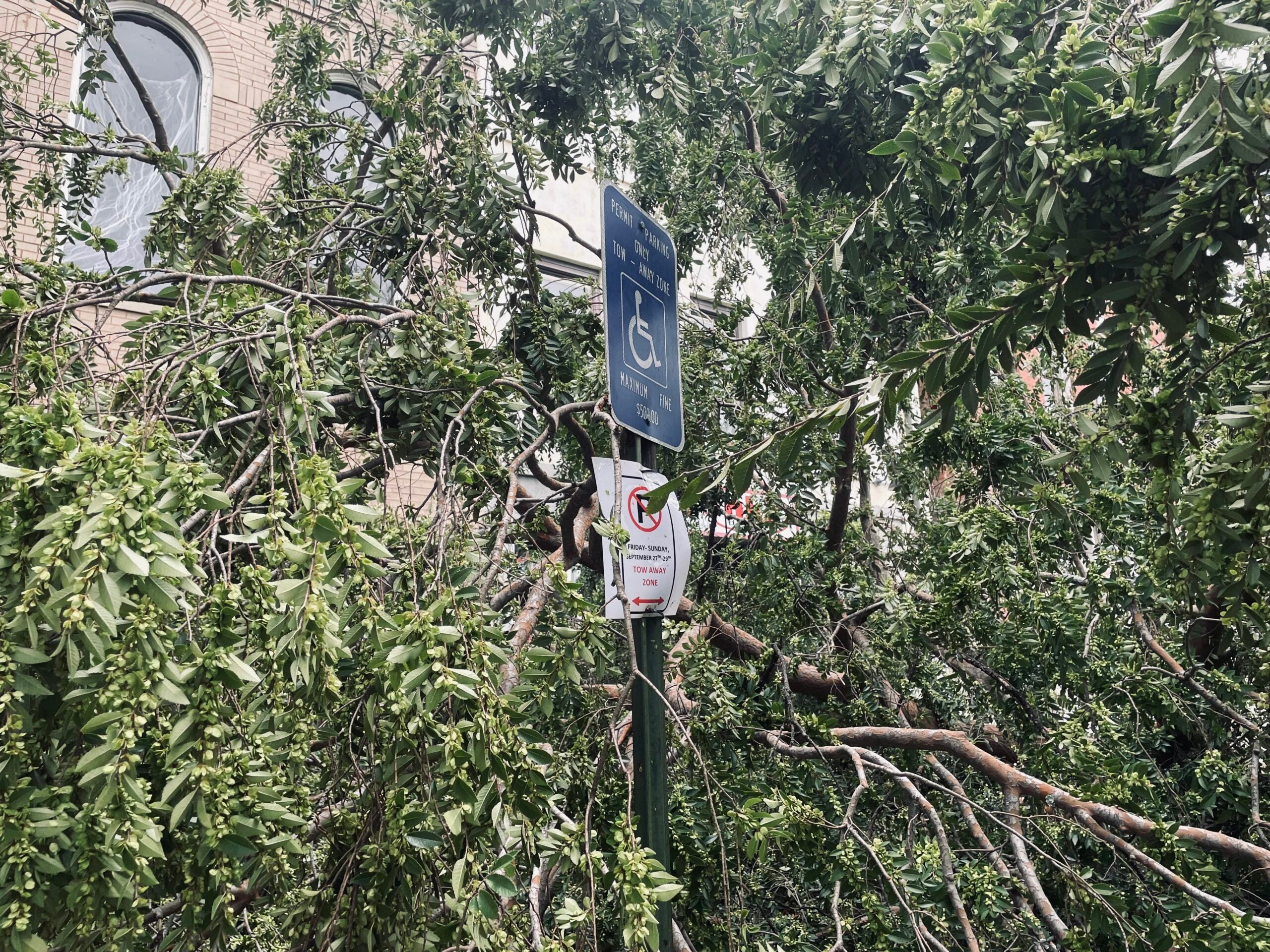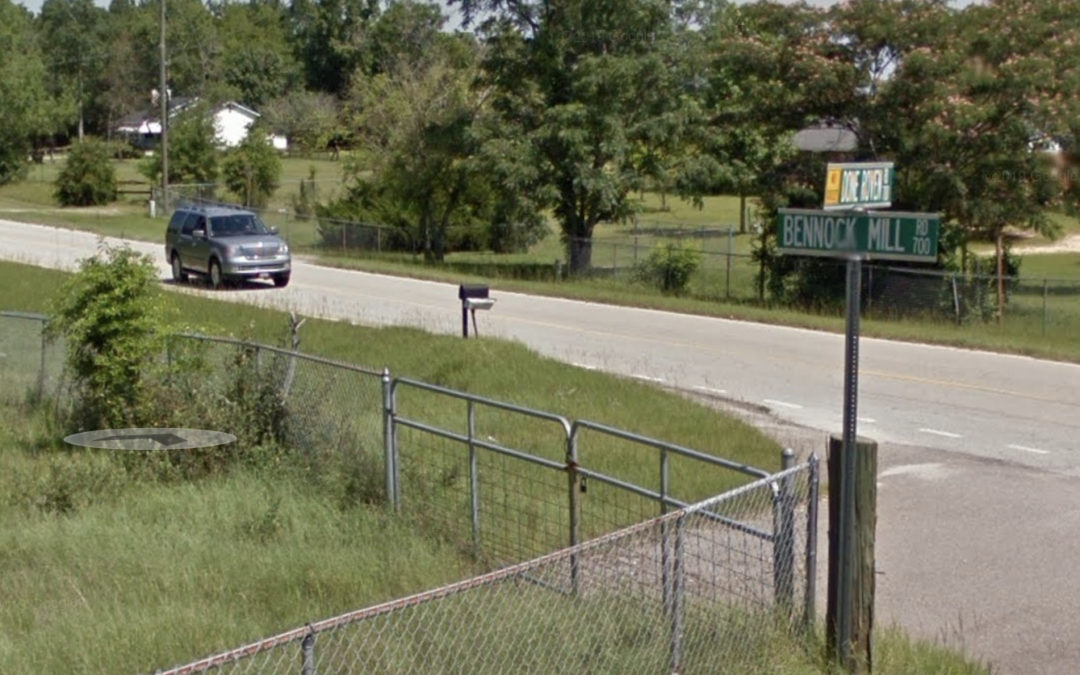by Dave Williams | Capitol Beat News Service
ATLANTA – It’s been nearly a year since Hurricane Helene tore through a large swath of South Georgia during the last week of September, killing 37 and causing widespread flooding and power outages.
While blocked roads have long been cleared and power restored, Georgia farmers and foresters are still waiting for a full measure of disaster relief to replant crops and trees lost to the storm.
But Georgia elected officials say help is finally on the way. The state Department of Agriculture is working with its federal counterpart on a block grant that should go a long way toward putting farmers, ranchers, and timber owners on the road to recovery.
“It seems like it’s down to the attorneys dotting the ‘i’s’ and crossing the ‘t’s’ ” said Will Bentley, president of the Georgia Agribusiness Council.
Georgia’s ag industry needs a lot of relief. Helene wreaked at least $5.5 billion in damage to crops, ranches, poultry houses, orchards, and timberland.
“At that time of year, cotton was close to being picked,” Bentley said. “The pecan industry was devastated. … We lost hundreds of poultry houses. It’s been hard to build back.”
Congress moved quickly by its usually plodding standards, passing a bipartisan relief package last December that earmarked $21 billion in relief to farmers who suffered losses from Helene in Georgia and other affected states. The federal package also was in response to other natural disasters across the country.
At the state level, Gov. Brian Kemp redirected $100 million from a capital projects fund to provide financial support for farmers affected by the storm and debris cleanup for owners of damaged timberland. Then in March, the General Assembly set aside $867 million for disaster relief as part of the fiscal 2025 mid-year budget.
But farmers and timber owners still are far from being made whole. U.S. Sen. Jon Ossoff, D-Ga., complained in a letter in July to U.S. Agriculture Secretary Brooke Rollins and Georgia Commissioner of Agriculture Tyler Harper that the block grant was taking too long to negotiate.
“Although some funds have been made available at the national level through USDA, many of Georgia’s farmers and producers who were most affected by Hurricane Helene are not eligible for this assistance and tell me they are instead counting on a block grant,” Ossoff wrote.
On a separate front, Sen. Raphael Warnock, D-Ga., pushed back against Trump administration efforts in March to cut some disaster recovery programs Warnock said were particularly critical following Hurricane Helene and Hurricane Milton, which rampaged through Florida less than two weeks after Helene.
“When Hurricane Helene struck Georgia, my office got to work helping our communities recover by delivering supplies at the local level and advocating for support at the federal level,” Warnock said Thursday. “It has been a particular priority to advocate for our farmers and foresters who have been devastated by worsening storms.”
Harper said the block grant process has been slow in part because federal and state negotiators had to start from scratch.
“The whole purpose of the block grant is to cover things that aren’t usually covered,” Harper said Friday. “We’ve had to create new programs in a short period of time and justify the amount we’re asking for.”
At the same time, Harper said the pace of relief following Helene compares favorably to disaster aid efforts after Hurricane Michael hit South Georgia in 2018.
“This is the fastest aid has ever been distributed after a hurricane,” Harper told an audience of political and agribusiness leaders last month at the annual Ag Issues Summit at the Georgia National Fairgrounds in Perry. “We’re still nine months ahead of Hurricane Michael.”
Harper told members of the Georgia House Rural Development Committee meeting in Douglas Wednesday that his agency has hired staff to work with farmers who want to apply for federal relief funds once the block grant has been finalized.
“We’re ready to press the go-button,” he said. “We’re going to do everything we can to push this out so individuals know where they can sign up and what the application process looks like. … Time is of the essence.”











